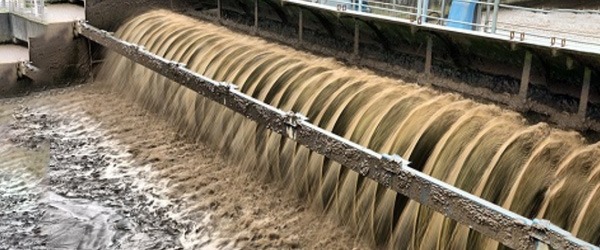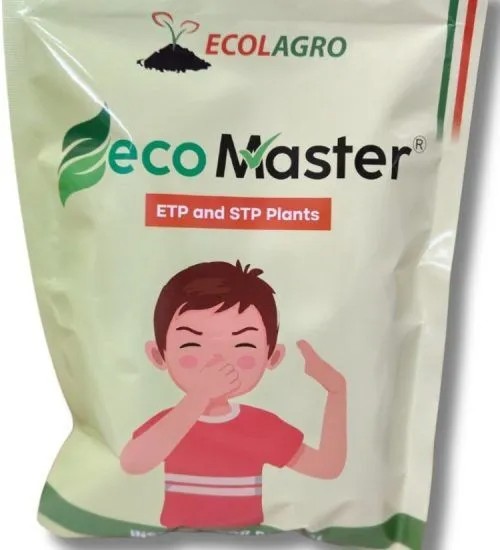Harnessing Nature: Bio Cultures in Wastewater Treatment
Wastewater treatment is a critical process for maintaining environmental health and sustainability. Traditionally, chemical-based methods have been used to treat wastewater, but these methods can be costly and harmful to the environment. In recent years, there has been a growing interest in harnessing the power of nature to treat wastewater more efficiently and sustainably. One such approach involves the use of bio cultures, which are communities of microorganisms that can break down organic matter and pollutants in wastewater.
Understanding Bio Cultures: The Basics of Biological Wastewater Treatment
Bio cultures play a key role in biological wastewater treatment plants, also known as sewage treatment plants (STPs). These cultures consist of a diverse range of microorganisms, including bacteria, fungi, and protozoa, that work together to break down organic matter and pollutants in wastewater. The process begins with the introduction of wastewater into the treatment plant, where it undergoes several stages of treatment, including primary, secondary, and tertiary treatment. During the secondary treatment stage, bio cultures are used to biologically degrade organic matter and remove nutrients such as nitrogen and phosphorus from the wastewater.
Advantages of Using Bio Cultures in STPs
One of the primary advantages of using bio cultures in STPs is their ability to treat wastewater in a more environmentally friendly manner. Unlike chemical-based methods, which can produce harmful byproducts and require extensive energy input, biological treatment relies on natural processes to break down contaminants. Additionally, bio cultures can adapt to changing conditions in the wastewater, making them more resilient and efficient than traditional treatment methods. Furthermore, bio cultures can be easily integrated into existing treatment infrastructure, making them a cost-effective solution for wastewater treatment plants.
Types of Bio Cultures for Wastewater Treatment
There are several types of bio cultures used in wastewater treatment, each with its own unique characteristics and functions. One common type is activated sludge, which consists of a mixture of microorganisms suspended in wastewater. Activated sludge systems are widely used in secondary treatment processes and are known for their high efficiency in removing organic matter and nutrients from wastewater. Another type of bio culture is biofilm, which forms on the surface of solid materials such as rocks or plastic media. Biofilm-based treatment systems are often used in tertiary treatment processes and are effective at removing residual contaminants from wastewater before it is discharged into the environment.
Applications of Bio Cultures in Industrial Wastewater Treatment
In addition to municipal wastewater treatment, bio cultures are also used in industrial wastewater treatment to remove pollutants and contaminants generated by various industrial processes. Industries such as food and beverage, pharmaceuticals, and chemicals rely on bio cultures to meet stringent regulatory requirements and minimize their environmental impact. By harnessing the power of bio cultures, these industries can effectively treat their wastewater streams and reduce their overall carbon footprint.
Challenges and Considerations in Using Bio Cultures
While bio cultures offer many benefits for wastewater treatment, there are also challenges and considerations to be aware of. One challenge is the need for careful monitoring and management of the treatment process to ensure optimal performance. Factors such as temperature, pH, and nutrient levels can impact the activity of bio cultures and must be closely monitored to prevent system failures. Additionally, bio cultures may be sensitive to toxic substances and require protection from harsh chemicals and pollutants that can inhibit their growth and activity.
Future Directions: Innovations in Bio Culture Technology
As technology advances, researchers are exploring new ways to enhance the efficiency and effectiveness of bio cultures in wastewater treatment. This includes the development of novel bio culture formulations, the use of genetically engineered microorganisms, and the integration of advanced monitoring and control systems. By continually innovating and improving bio culture technology, we can further harness the power of nature to address the growing challenges of wastewater treatment and environmental protection.
Bio cultures offer a sustainable and cost-effective solution for wastewater treatment, harnessing the power of nature to remove contaminants and pollutants from wastewater. From municipal sewage treatment plants to industrial wastewater treatment facilities, bio cultures play a crucial role in ensuring environmental health and sustainability. By understanding the basics of biological wastewater treatment, exploring the advantages and applications of bio cultures, and addressing the challenges and considerations associated with their use, we can continue to harness the power of nature to protect our water resources for future generations.




Comments
Post a Comment